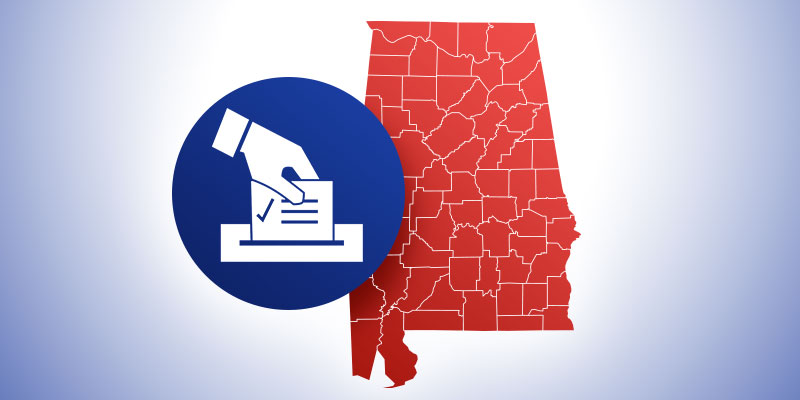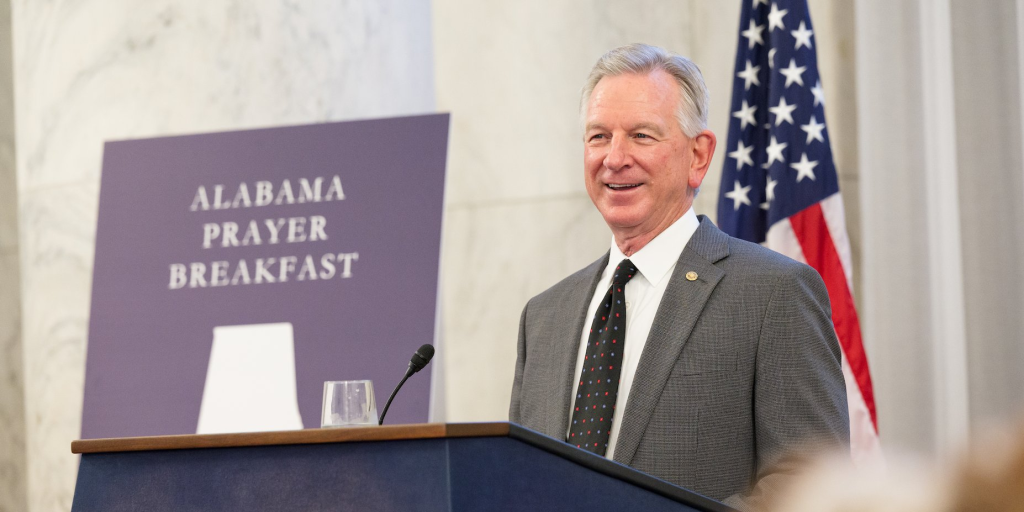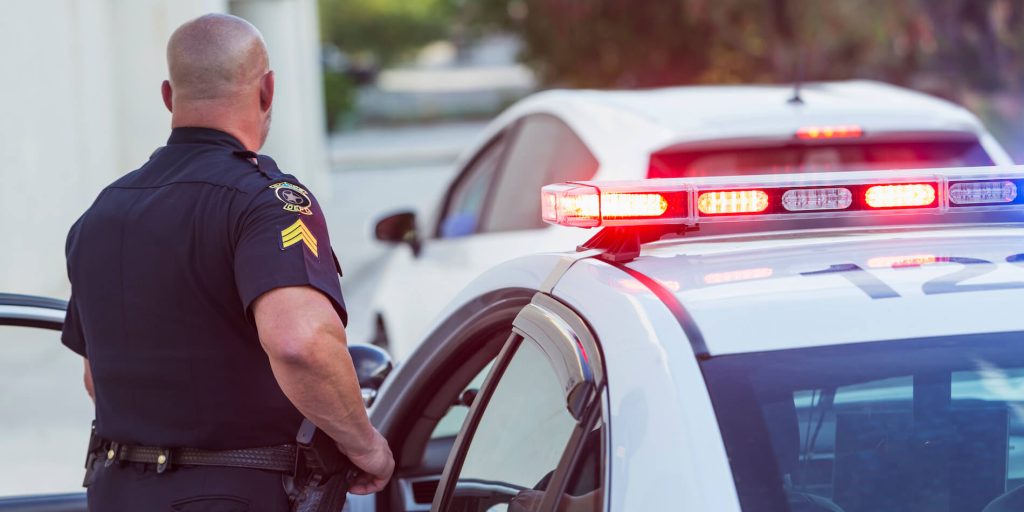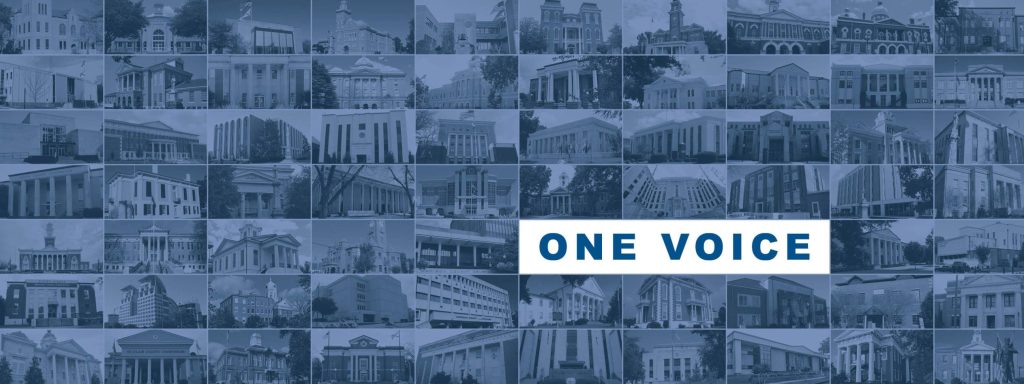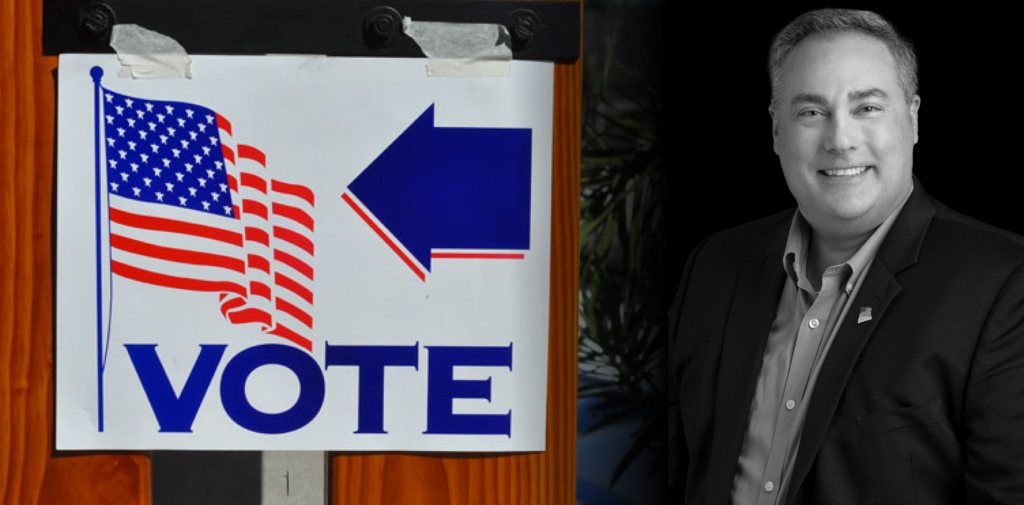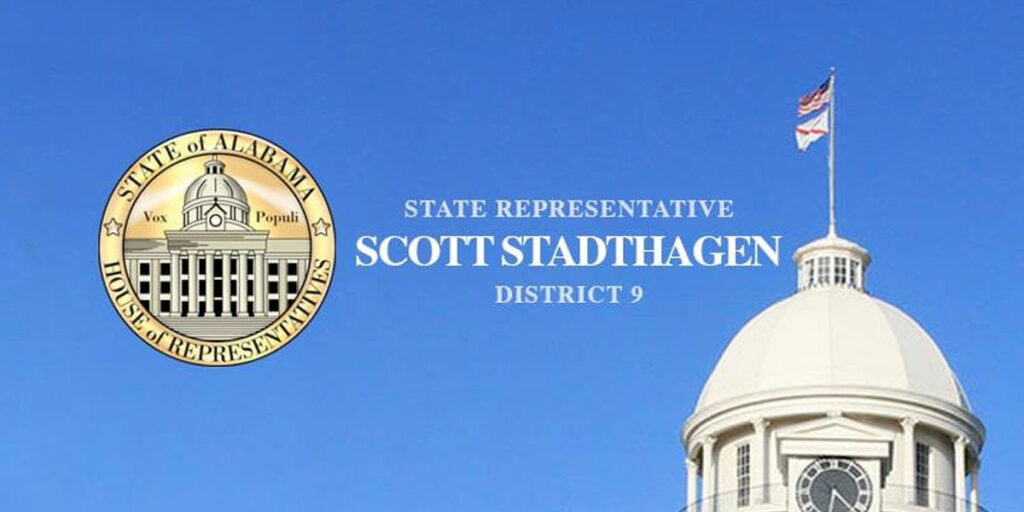In about 24 hours, Alabama voters will go to the polls to elect party candidates to run in the November general election.
There is also a statewide amendment that is causing some confusion among voters.
The ballot item is titled, “Proposing an amendment to the Constitution of Alabama of 2022, to amend Section 71.01 authorizing the Legislature to sign and transmit local laws or constitutional amendments before the transmission of basic appropriations.”
The amendment relates to an amendment passed in 1984 requiring the governor to present a proposed budget to the Legislature by the second day of the legislative session. It also required the Legislature pass and present to the governor a bill making appropriations for the basic needs of the state and for education prior to enacting any other legislation. However, a bill could be exempt from this requirement if at least 60% of the Legislature specifically approve a budget isolation resolution exemption.
If passed Tuesday, the amendment would remove the budget isolation resolution restriction on local laws and local constitutional amendments, thereby allowing them to be considered before budgets are approved without the 60% supermajority vote.
“It definitely is what we call inside baseball,” said amendment sponsor State Sen. Clyde Chambliss (R-Prattville), according to Ballotpedia.org. “And most folks won’t necessarily understand that. It just removes one of those, in my opinion, unnecessary hurdles, that has really had no effect on legislation.”
Sonny Brasfield, executive director of the Association of County Commissions of Alabama, echoed Chambliss. Emphasizing the BIR vote is not the vote that passes the bill. He goes so far as to say it’s, more or less, Montgomery getting in the way of an issue that only deals with one municipality.
“I think that’s important for everybody to understand,” Brasfield said. “It’s a crafted, some might say unnecessary, procedural step for a local bill. And clearly the Legislature overwhelmingly agreed with that.
“The average citizen has no idea what the letters BIR stand for. And no one does unless you work your career in this process.”
Brasfield also said education is the key, that is, in letting voters understand, through all the legalese and “inside baseball,” what amendments mean.
“I think one of the challenges you always have on constitutional amendments is educating people,” he said. “We’ll start that with our convention next month as we get our folks a little better educated on this as well. “Even for some of our members, it’s a little too much inside baseball right now.”
Tuesday’s primary elections also have a different set of rules, as opposed to the general election.
Madison County Judge Frank Barger has provided tips and information for voters, including a reminder that polls are open 7 a.m. to 7 p.m.
Barger advises voters to be familiar with the offices and amendments on Tuesday’s ballots.
Because these are party-specific elections, voters must request either a Republican or Democrat ballot. Barger also advised voters about rules regarding crossover voting, i.e., Democrats voting for Republican candidates and vice versa.
According to Alabama law, if an elector votes in a primary election, he or she may vote in a subsequent primary runoff election only if he or she voted in the primary election of the same political party for which the runoff election is being held. Persons who did not vote in a primary election may choose either party’s ballot in the subsequent primary runoff election.
A few simple steps will ensure you are ready to cast your ballot.
- Your precinct boundaries and/or polling location could have changed since the last election. To check polling locations, visit https://myinfo.alabamavotes.gov/voterview
- Please ensure you have acceptable photo ID – a list of acceptable identification can be found at https://www.sos.alabama.gov/alabama-votes/voter/voter-id
- Voters who are 70 or older or disabled may advance to the front of the line at the polls.
- Do not hesitate to request assistance if you are older, disabled, or require special help – election workers are prepared to assist you.




